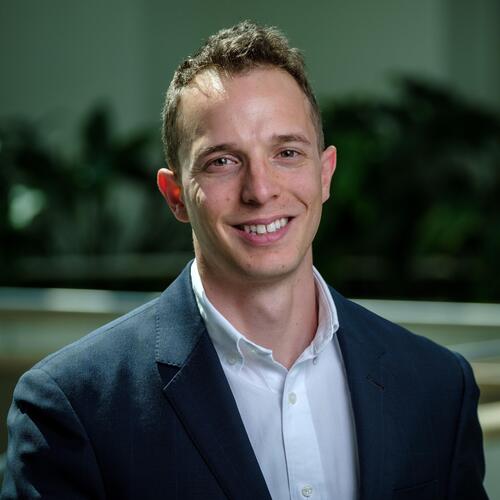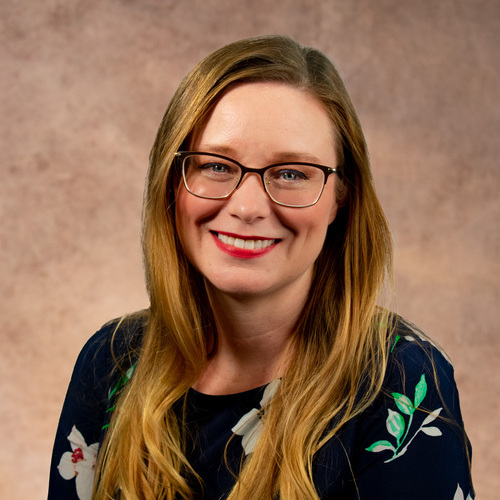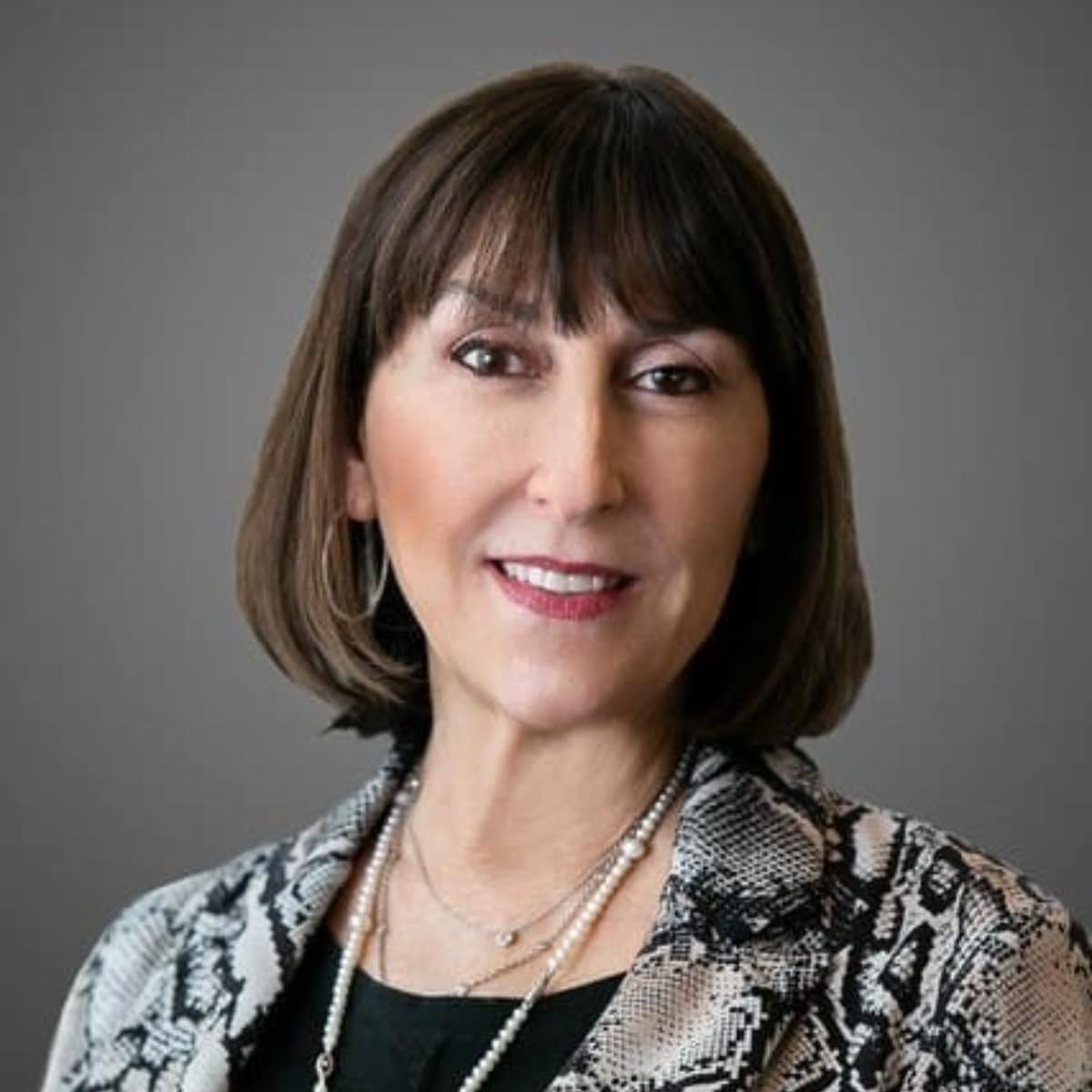250. Dr. Ken Finn | Violence and THC
Description
The association of mass casualty violence and THC is growing. Dr. Ken Finn has been following these cases.
Kenneth Finn, MD practiced Pain Medicine in Colorado Springs from 1994-2024. He moved to Prescott, Arizona in 2025 to continue practicing comprehensive Pain Medicine. He is Board Certified in Physical Medicine and Rehabilitation (1995), Pain Medicine (1998), and Pain Management (2000). He is certified in Cannabis Science through the University of Colorado (2022). He was a associate professor for the University of Colorado Medical School, Colorado Springs branch (2018-2024). He is former President (2022-24) of the American Board of Pain Medicine and has served on their Exam Council for over 25 years. He served on the Colorado Governor’s Task Force on Amendment 64, which legalized marijuana for recreational use, Consumer Safety and Social Issues Work Group (2012) and served 4 years on Colorado’s Medical Marijuana Scientific Advisory Council (2014-18). He was an invited speaker to the United Nations Commission on Narcotic Drugs in Vienna, March 2023. He testified to the Canadian Senate on their marijuana bill (2018) as well as New York General Assembly (2019), and speaks internationally on the health impacts of marijuana, including being an invited speaker to the Mayo Clinic, Jacksonville, the Royal College of Surgeons in Ireland, UCLA VA Medical Center, MD Anderson Cancer Center (Houston) and the Texas Medical and Pain Societies, among many others. He works nationally with other state legislators considering legalizing marijuana for medical and recreational purposes. Dr. Finn was selected to testify to the Department of Justice on the rescheduling of marijuana (2024). He is editor of Cannabis in Medicine: An Evidence-Based Approach (2020) and currently the Co-Vice President (2021) of the International Academy on the Science and Impacts of Cannabis (https://iasic1.org) which is now a member of the Vienna NGO Committee on Drugs (2023).
Disclaimer: The views and opinions expressed in this podcast are solely those of the speaker and do not necessarily represent the views, policies, or positions of the United States Government or any of its agencies. The content was recorded prior to the speaker's current federal service and is provided for informational and entertainment purposes only. No agency endorsement or approval should be inferred.








